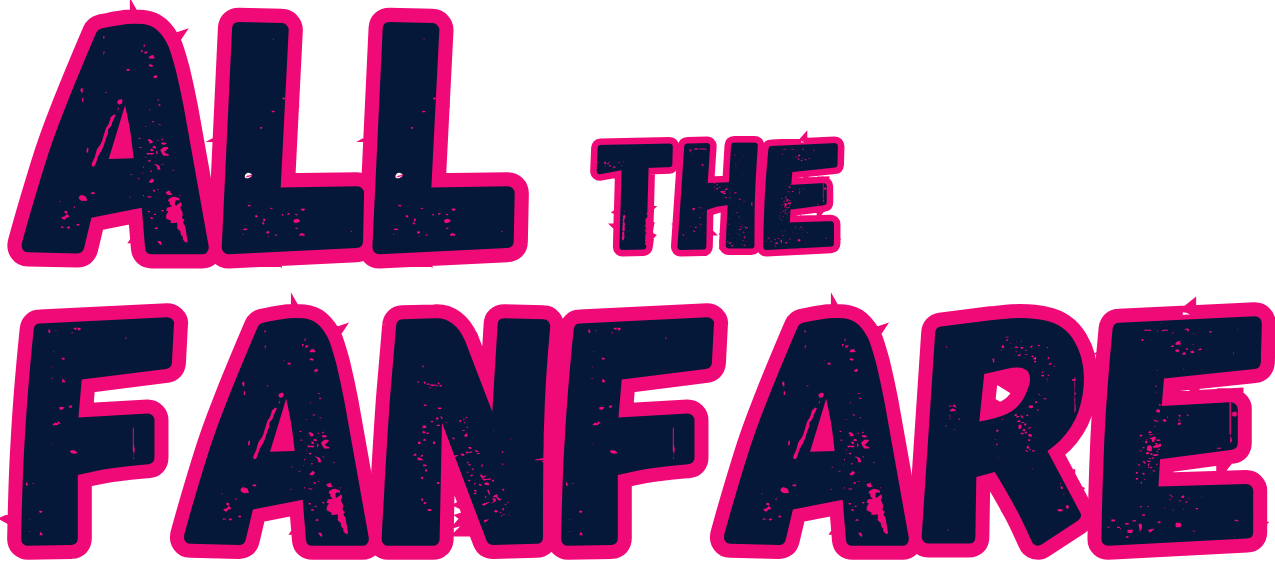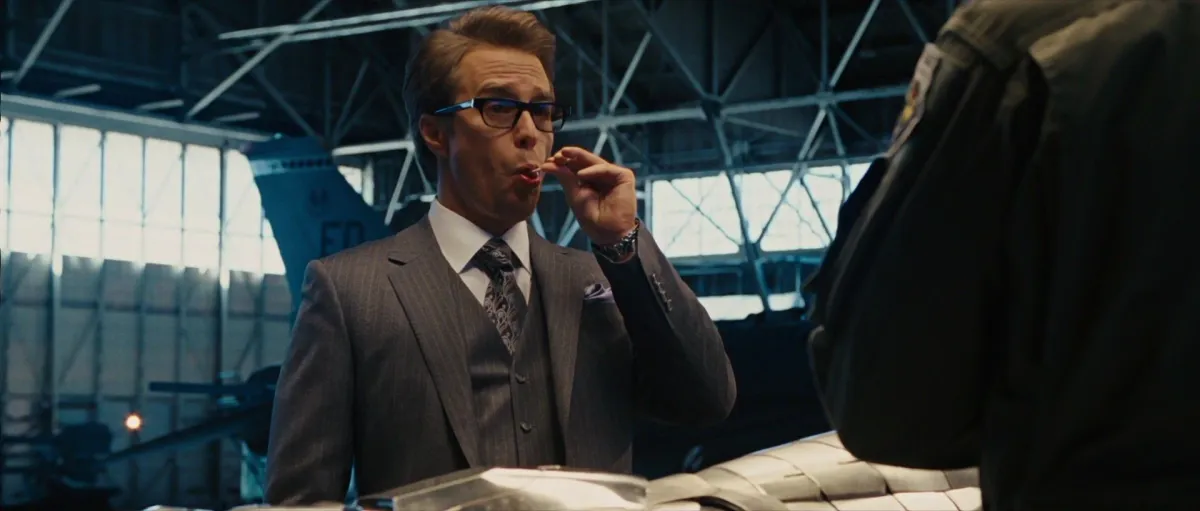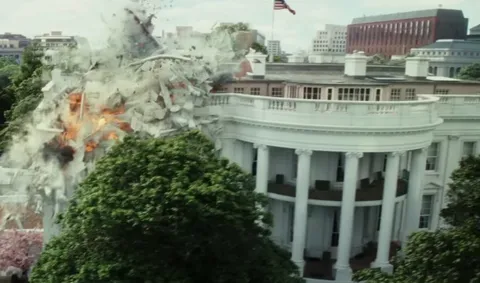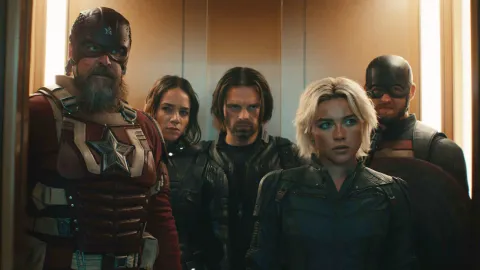Since I'm throwing out deep cuts right from the jump, here's a handy link that explains that title.1
Any time I've written about the MCU lately, it has been from a place of frustration and no little apathy. The Great Marvel Experiment peaked in 2019 with Endgame and has been on a long and winding road toward irrelevance since. I don't know if you can ever call a billion dollar franchise "irrelevant," but it's more or less dead to me at this point, and I'm solidly in the core demographic for movies about men who wear costumes and do awesome stuff while saying awesome lines, otherwise known as Dungeons & Dragons at my house.
Something making a lot of money has never been a reliable indicator of anything other than that people are all too willing to spend theirs. How else do you explain the Minions franchise making over $4 billion despite being the manifestation of a fart joke?2
What we're really talking about here is cultural cachet, the only sort of currency that matters. If the MCU isn't dead culturally, it's certainly flatlining; you can almost picture MCU chief Kevin Feige warming up the defibrillator. And not for nothing, but the rumors last year that Disney wanted to bring back Iron Man... somehow... just proves they know this thing is less-alive than it was even 3 years ago.
The Ironborn in Game of Thrones have a ritual saying: "What is dead may never die, but rises again harder and stronger."3 Even though it makes no logical sense—sometimes Viking punk is an end unto itself—the saying neatly sums up Hollywood's infatuation with nostalgia-fueled easy money. But once something dies, it tends to stay that way. Even if Disney gives Robert Downey Jr. 100 million reasons to put on the suit, it would be the equivalent of warmed up leftovers—potentially tasty, less fresh than it once was, 10% likely to give you diarrhea.






